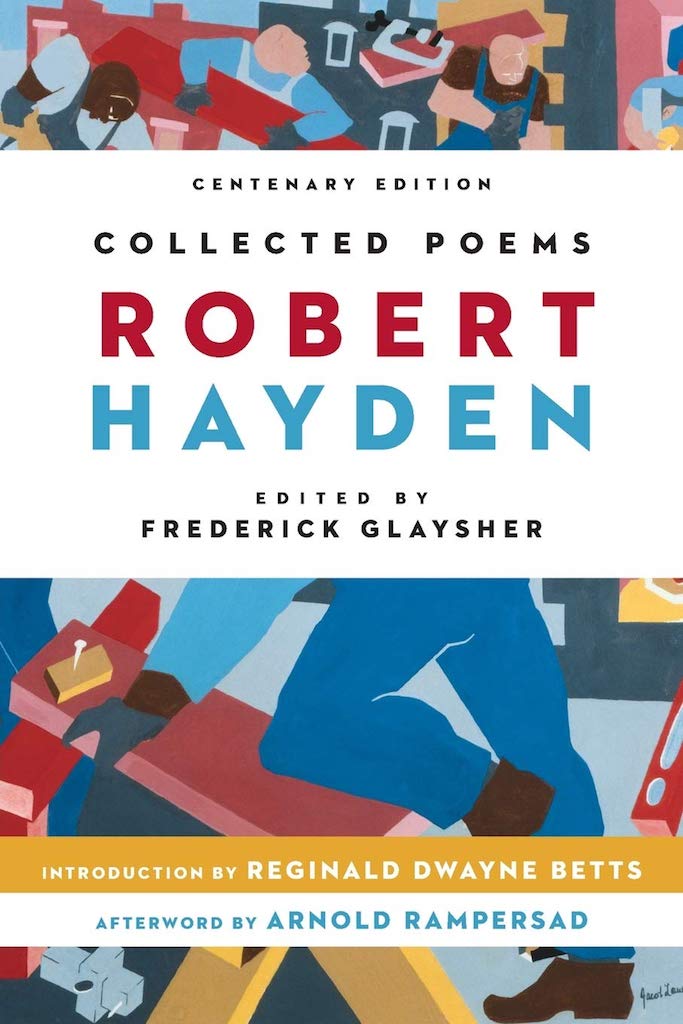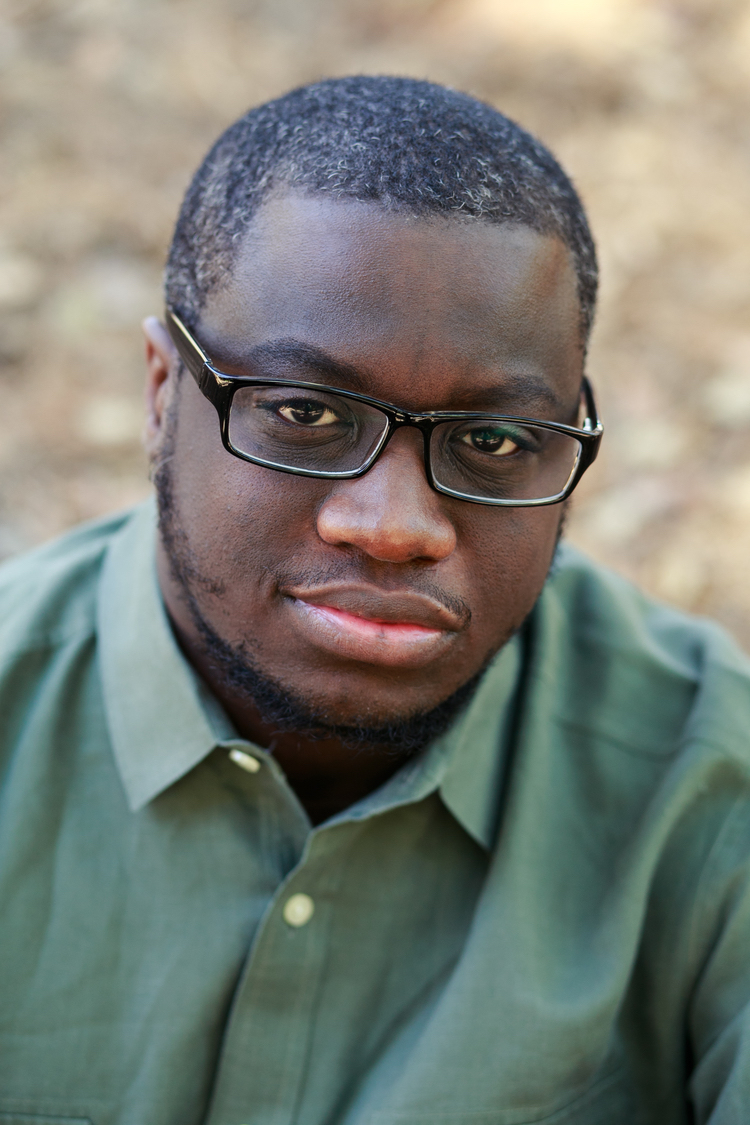Poetry Daily: Will you talk a bit about how “Those Winter Sundays,” in particular, has been so important to you?
Rion Amilcar Scott: I remember encountering those words as an eighteen or nineteen year old undergraduate. I thought I was well read in black poets of the past, but here was an older poet who was completely new to me, writing in a style that by itself conveyed dignity and poise. There was a formality there that I usually didn’t go for, but here it greatly moved me. I may have very well come across Hayden previously, but now in the poem I could see myself as a child unaware of all the sacrifices being made in my name.
PD: How has “Those Winter Sundays” affected your writing?
RAS: I often think about the precision in Hayden’s language. The words that take on the work of casting several meanings. “What did I know, what did I know/of love’s austere and lonely offices?” I know all the words he used, but in this formation, with the repetition, the odd use of the word “offices” and its proximity to the words “austere” and “lonely,” the words seem alien and strange in the best way. This poem, especially these closing lines have became a part of my sentence-making. And it’s precisely because I want readers to feel something the way I always feel something when I read this poem. I want at least some of my sentences to be remembered the way I remember these lines as they float randomly through my head from time to time.
PD: Can you talk about how poetry, in general, has affected you as a prose writer?
RAS: When I re-committed myself to fiction writing after a time in journalism I found my prose to be stiff. It was almost like I was writing the worst and most boring inverted period news story over and over. I missed the voice I had been developing previously and it was now completely inaccessible to me. One of my professors, the late Alan Cheuse, suggested that we read a poem a day to make our prose more fluid. He prescribed it for a time, I don’t know, for a couple months maybe, but I just kept going. I noticed how my language was coming back to life. I never reconnected with that old voice, but I was able to build a new one. So that’s what I do everyday of my life, I read at least one poem, most days I read many more than one. It works.
PD: Have you written poetry, yourself?
RAS: I want to quote the poet Roland Hudson, a poet who never existed and who I invented for my short story “Numbers” and later brought back for my novella, Special Topics in Loneliness Studies: “Better a failed/Poet than a poet.” That’s what I am, a failed poet. I still write poetry, but usually in the context of fragments of poems or songs my characters have written. I write them and quote parts of them and put them into stories. So the poems often (not all the time) exist in full, but they’ll stay in my notebook. From time to time I toy with writing poetry unconnected from fiction, but that will likely always stay in my notebook. When I get the poetic urge my mind most often turns the poems into fiction in some form, usually I let the poem devolve into flash fiction and I’m fine with that. I’ll leave the poetry to the pros.
PD: Are there other poets who have been particularly meaningful to you?
RAS: Many. Lucille Clifton. Jericho Brown. Hanif Abdurraqib. Nicole Sealy. Allen Ginsberg. Claudia Rankine. Gwendolyn Brooks. Derek Walcott. Roland Hudson. Pablo Neruda. Cornelius Eady. Tyehimba Jess. Amiri Baraka. There’s a whole lot more.
This interview was conducted by Kayla Hare on behalf of Poetry Daily.




